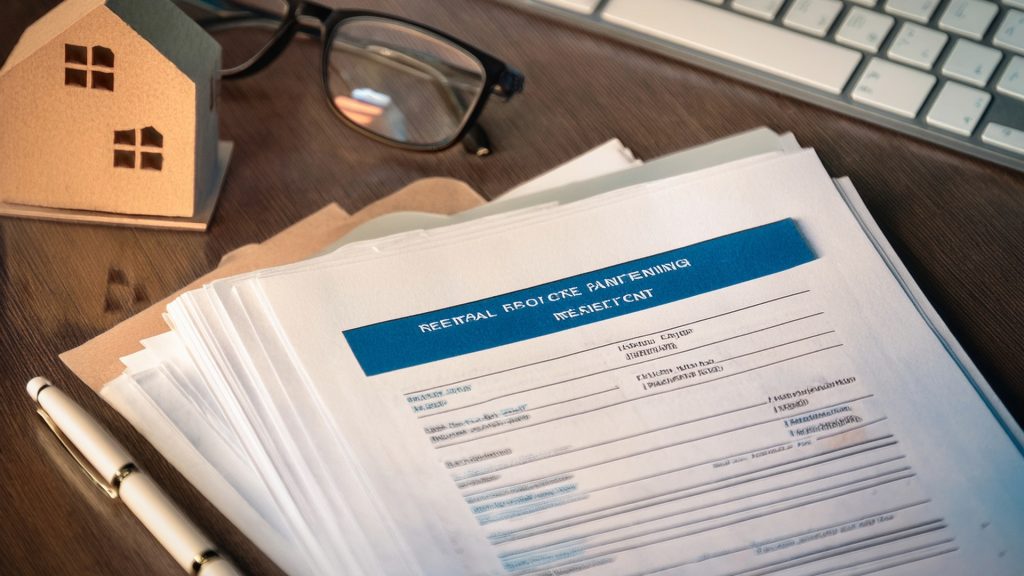Estate planning for NYC renters may not seem as urgent as it does for homeowners, but if something unexpected happens, your lease and personal belongings could end up in legal limbo. In New York City, estate planning is about more than passing down property—it’s about ensuring that your wishes are respected and your loved ones aren’t left dealing with unnecessary stress.
This guide is designed for NYC professionals, families, and anyone renting an apartment who wants to understand what happens to their lease, personal items, and responsibilities if they pass away. By the end, you’ll know what documents you need, how to protect your belongings, and the steps that make life easier for your family during difficult times.
What Happens to a Lease if the Tenant Passes Away?
In New York City, a lease doesn’t automatically end if a tenant dies. The rules depend on the type of lease and who was living in the apartment:
- Succession rights for family members: Under rent stabilization laws, certain family members or long-term occupants may have the legal right to take over the lease. This includes spouses, children, or even domestic partners who lived with the tenant.
- Executor responsibilities: If no one is eligible to remain in the apartment, the executor of your estate will notify the landlord and handle ending the lease.
- Landlord procedures: Landlords can’t just throw belongings away. They must follow proper legal processes, which often involve coordination with the executor to remove personal property.
For families living in rent-controlled or rent-stabilized units, understanding these rights can make the difference between staying in a home or facing an unexpected eviction.
How Should Renters Handle Personal Belongings?
Without a clear plan, your personal property—furniture, electronics, heirlooms—may end up in probate or risk being discarded by a landlord after lease termination. To avoid this, renters should:
- Include personal property in your will or trust. List who will receive sentimental or high-value items.
- Create a personal property memorandum. This is a separate, detailed list that specifies who gets what. It reduces disputes among family members.
- Provide access instructions. Let your executor know how to retrieve your belongings from your apartment, especially if time-sensitive lease deadlines apply.
If you have valuable collections or items with family meaning, documenting your wishes now avoids confusion later.
Which Estate Planning Documents Are Essential for NYC Renters?
Even if you don’t own real estate, certain legal documents ensure your wishes are carried out:
- A last will and testament – Directs how your belongings will be distributed and authorizes your executor to access your apartment.
- Power of attorney – Appoints someone to manage financial and legal matters if you’re unable to do so.
- Advance healthcare directives – Includes a healthcare proxy and living will for medical decisions.
- Pet care directive (if applicable) – Ensures someone will care for your pets if you’re hospitalized or pass away.
- Standby guardianship designation – Critical for parents to designate temporary guardians for minor children in emergencies.
These documents form a strong safety net, especially in a city like New York where rental agreements and personal property can quickly become complicated.
Why Should Renters Take Estate Planning Seriously?
Renters often think estate planning is only for homeowners, but the reality is that estate planning for NYC renters is just as important. Your lease, your possessions, and even your digital assets need a plan. A small amount of preparation now can prevent legal headaches and emotional stress for your loved ones.
For example, as discussed in “Reasons to Avoid Probate”, clear instructions in your will or trust can help your executor transfer belongings without court delays. Likewise, thinking ahead about guardianship (covered in “Five Tips for Choosing Your Child’s Guardian”) ensures that both children and personal property are protected.
FAQs About Estate Planning for Renters
1. If I don’t have a will, who gets my belongings?
Without a will, New York’s intestacy laws determine who inherits your property. This often results in delays, disputes, and legal costs for your family.
2. What happens to my lease if I live alone?
If no eligible family members have succession rights, the lease will end, but the landlord must work with your executor to properly vacate the apartment.
3. Do I need a trust if I don’t own real estate?
Not always, but a simple trust or will is still beneficial for organizing your personal belongings and avoiding probate for financial accounts or sentimental items.
Ready to Secure Peace of Mind?
The Village Law Firm specializes in guiding NYC families—whether homeowners or renters—through estate planning that protects what matters most. Schedule an introductory call today to create a plan that covers your lease, belongings, and loved ones.





